A team of final-year students from the Department of Biosystems Engineering, Gulu University, dubbed “Team 2024-08,” was declared the winner of the 2024/2025 Efficiency for Access Design Challenge on Thursday, June 26, 2025.
The four-member team which included Ojede Brian Stephen, Nyamungu Rosemary, Madoi Shaidu, and Bakulumpagi Aloysius G. focused on developing a hydrogel solar evaporator for water purification. This win reaffirms the readiness of Gulu University final-year students to address real-world problems in the energy access sector and beyond.

Gold winners of the 2024/25 Efficiency for Access Design Challenge.
Read More
Besides Team 2024-08, Gulu University also had Team 2024-09, which developed a photocatalysis system for water purification. Its members included Munguci Saviour, Atuha Elisha, Okot Simon Peter, and Atyang Andrew, who are also final-year students in Biosystems Engineering.
In January 2025, each team applied for and got awarded prototyping funding amounting to GBP £1,340 from the Energy Saving Trust (UK) to prototype their ideas. Both teams are finalizing their prototypes, and are expected to be ready by October 2025.

The final-year students from the Department of Biosystems Engineering.
The teams’ success stemmed from their hard work and creativity, backed by guidance from academic advisors Dr. Emmanuel Menya, Dr. Bernard Kivumbi and other staff in the Department of Biosystems Engineering. The teams also benefited from guidance by industry expert, Mr. Ramón Armando Ríos Ángel.
This year’s Design Challenge marked the fourth participation for Gulu University. The university has won awards in three of those competitions, earning silver in 2019/2020, bronze in 2023/2024, and now gold in 2024/2025. In total, over 60 final-year students of Biosystems Engineering have since taken part in the Design Challenge, honing their technical and employability skills.
The Efficiency for Access Design Challenge is a global competition that brings together university teams from around the world. Teams are tasked with designing affordable, high-performing DC-powered appliances that promote clean energy access.
This year-long challenge includes several mentorship activities, such as engaging with industry leaders and experts, attending webinars, applying for prototyping funds and prototyping. The student teams also have opportunities to network and share knowledge and best practices with peers from other universities.
The Design Challenge is organized in partnership with Engineers Without Borders UK, and it is funded by UK aid from the UK government through the Transforming Energy Access platform and the IKEA Foundation.


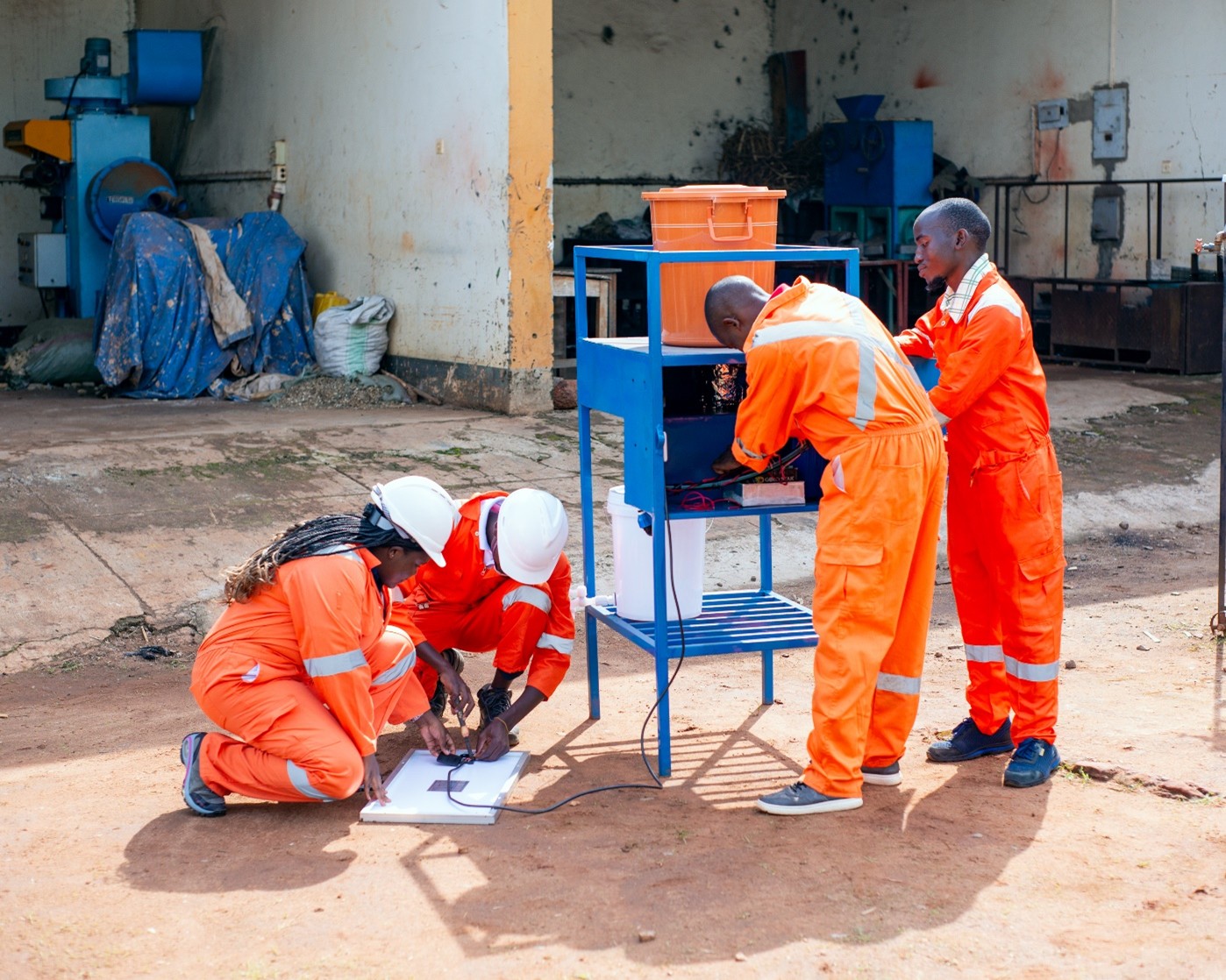

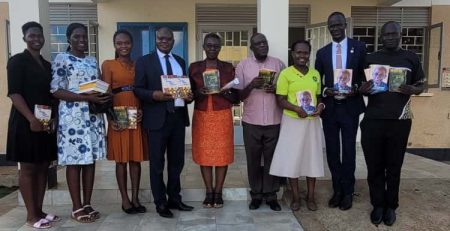



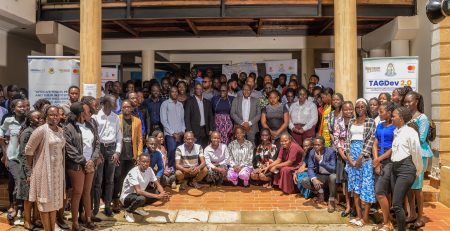
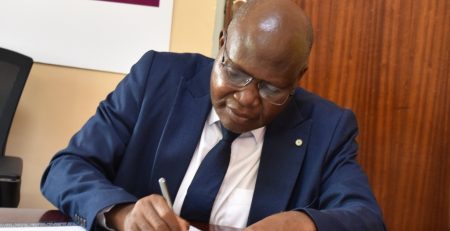
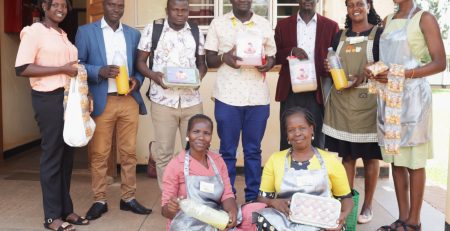
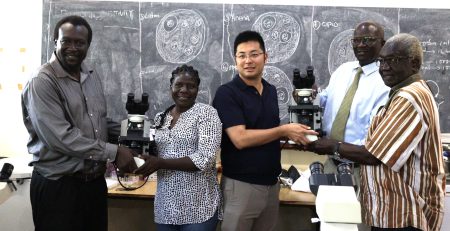

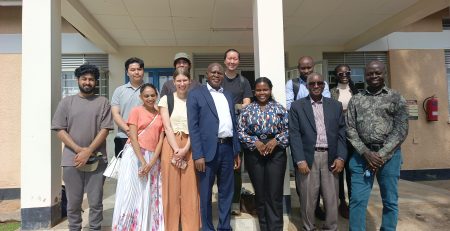
Leave a Reply